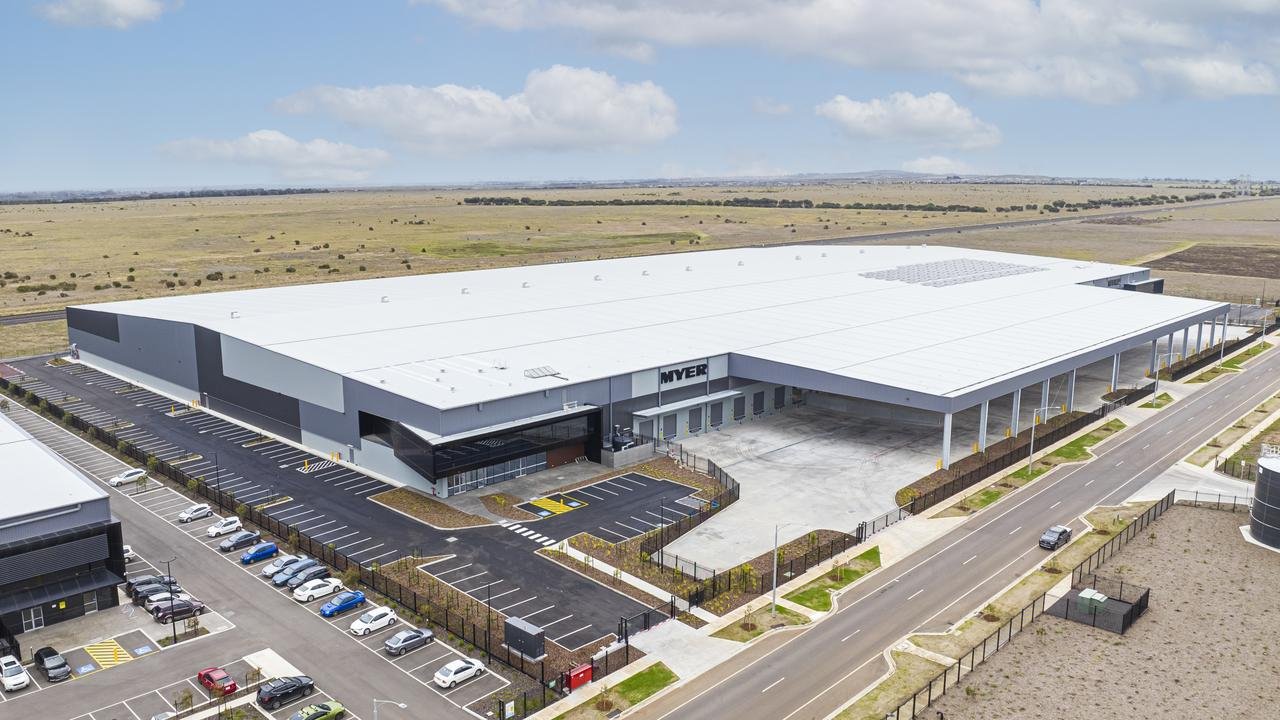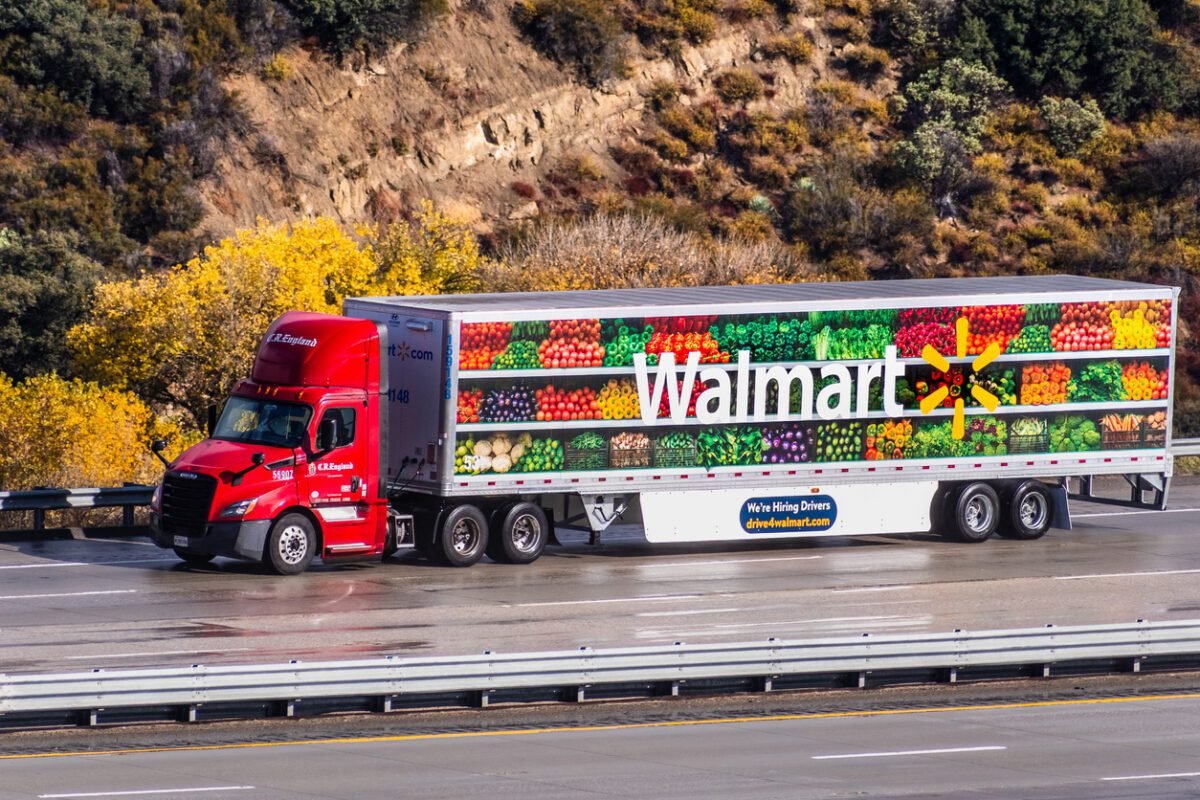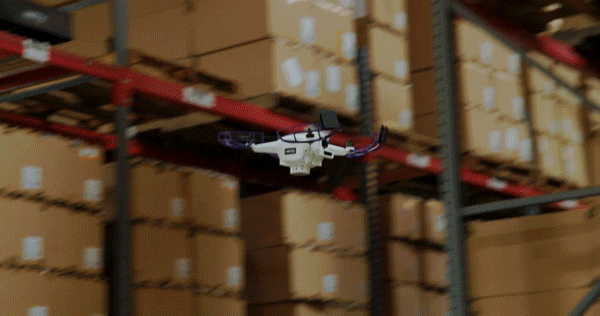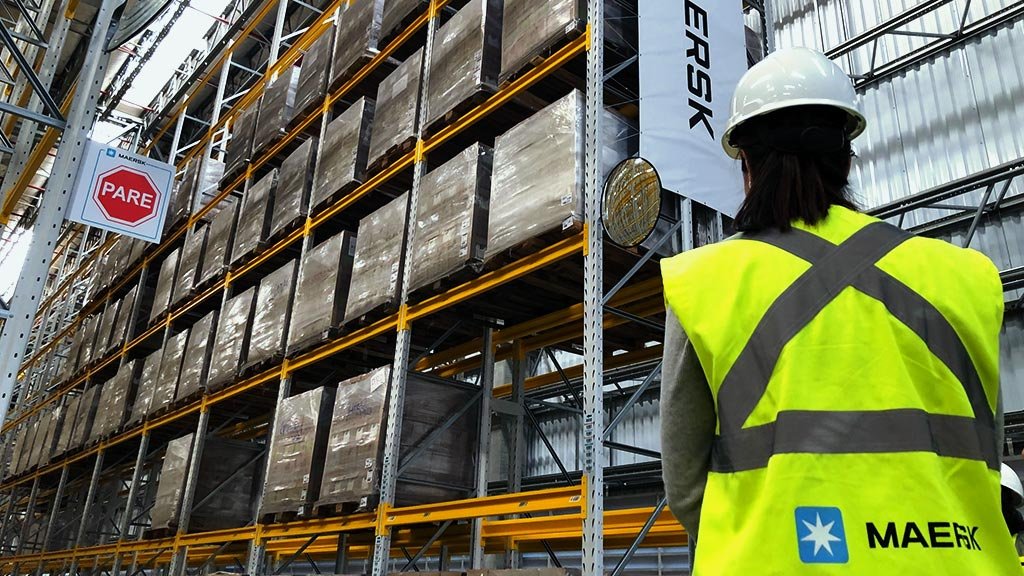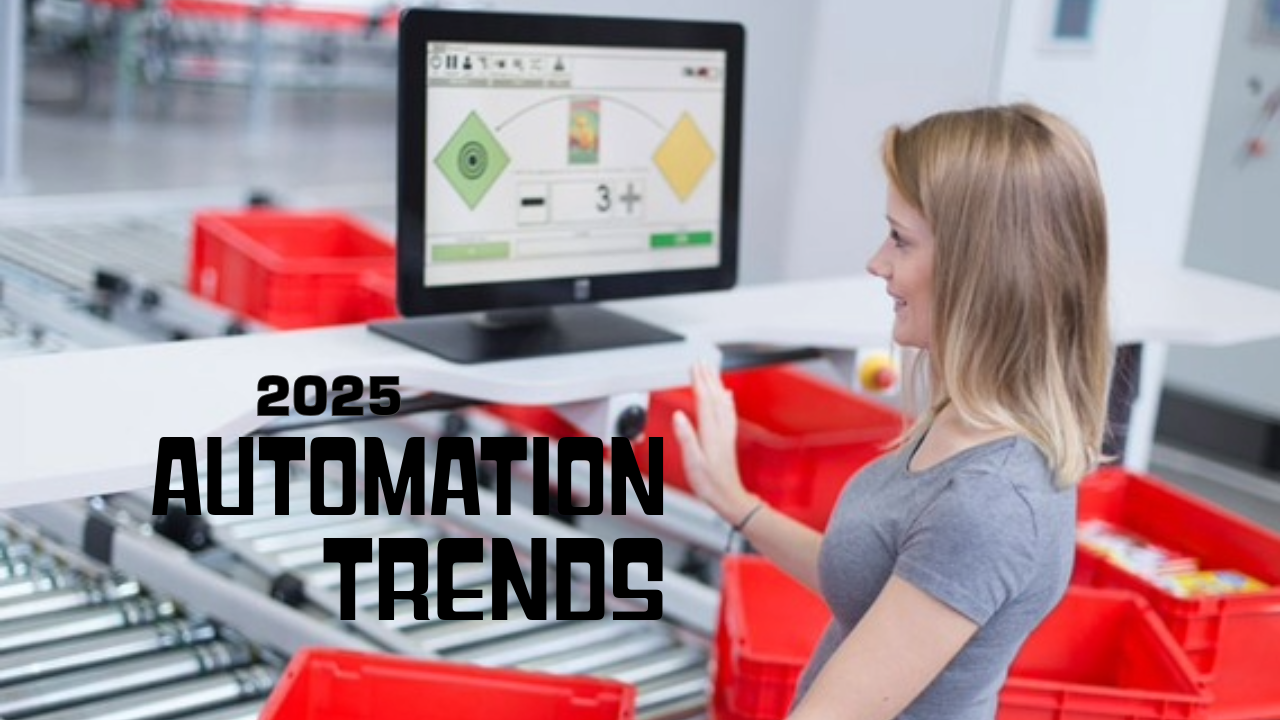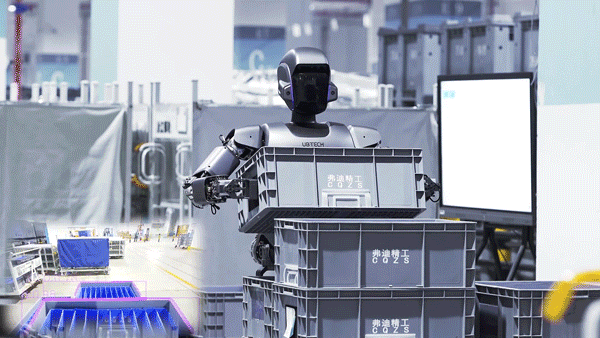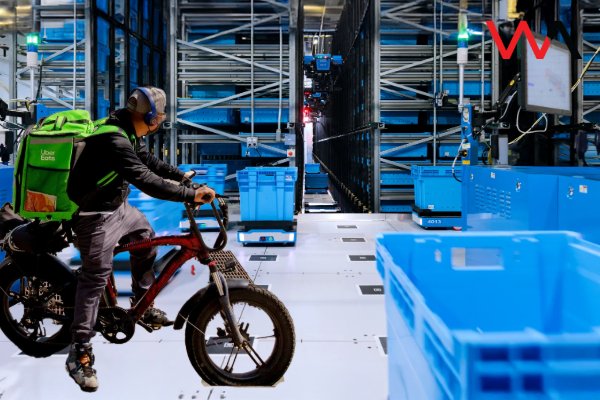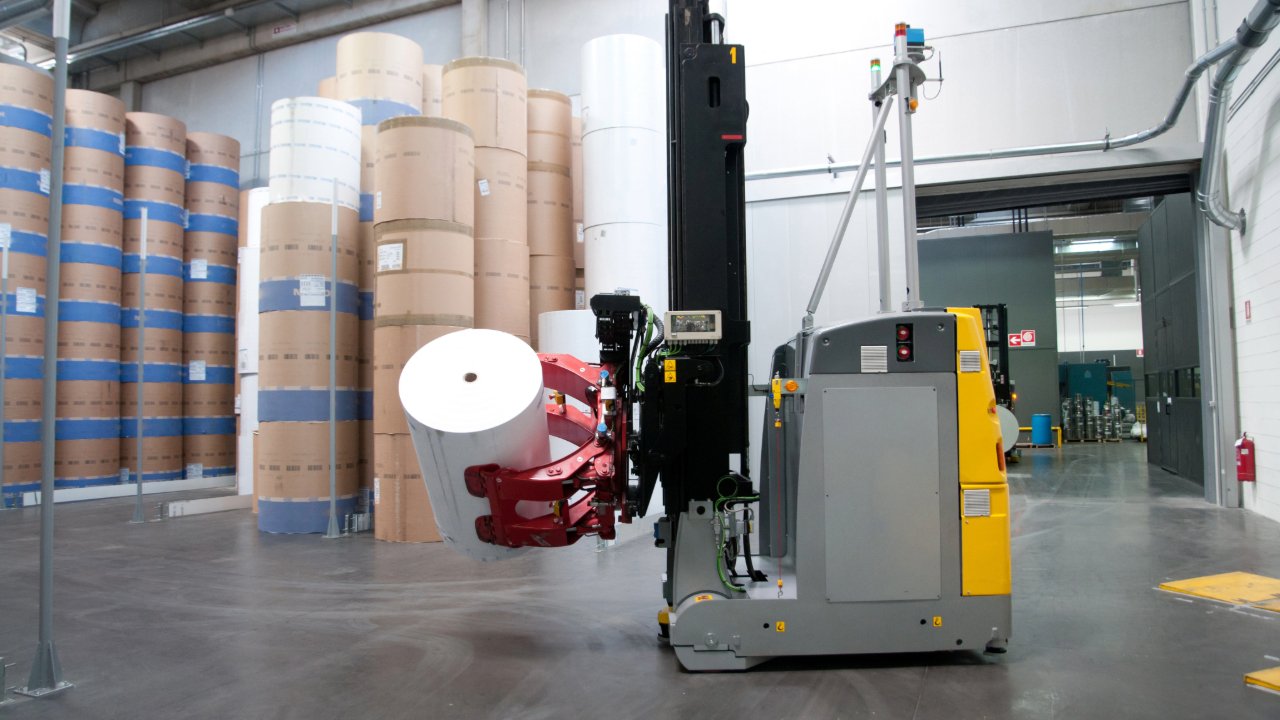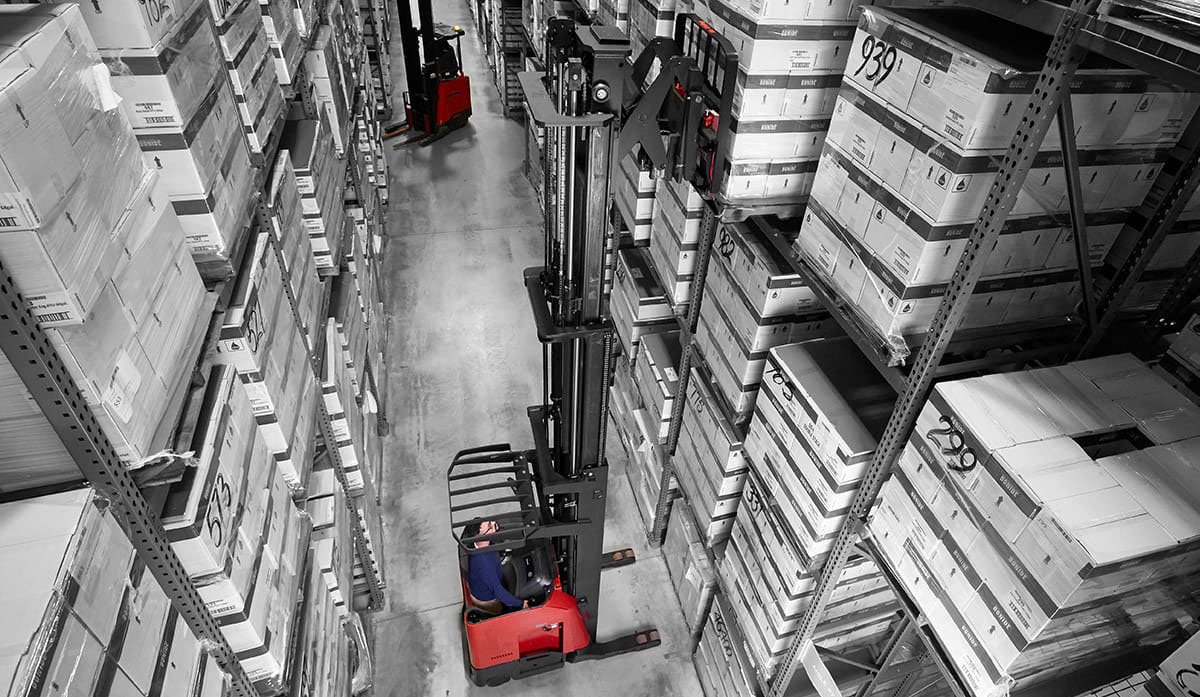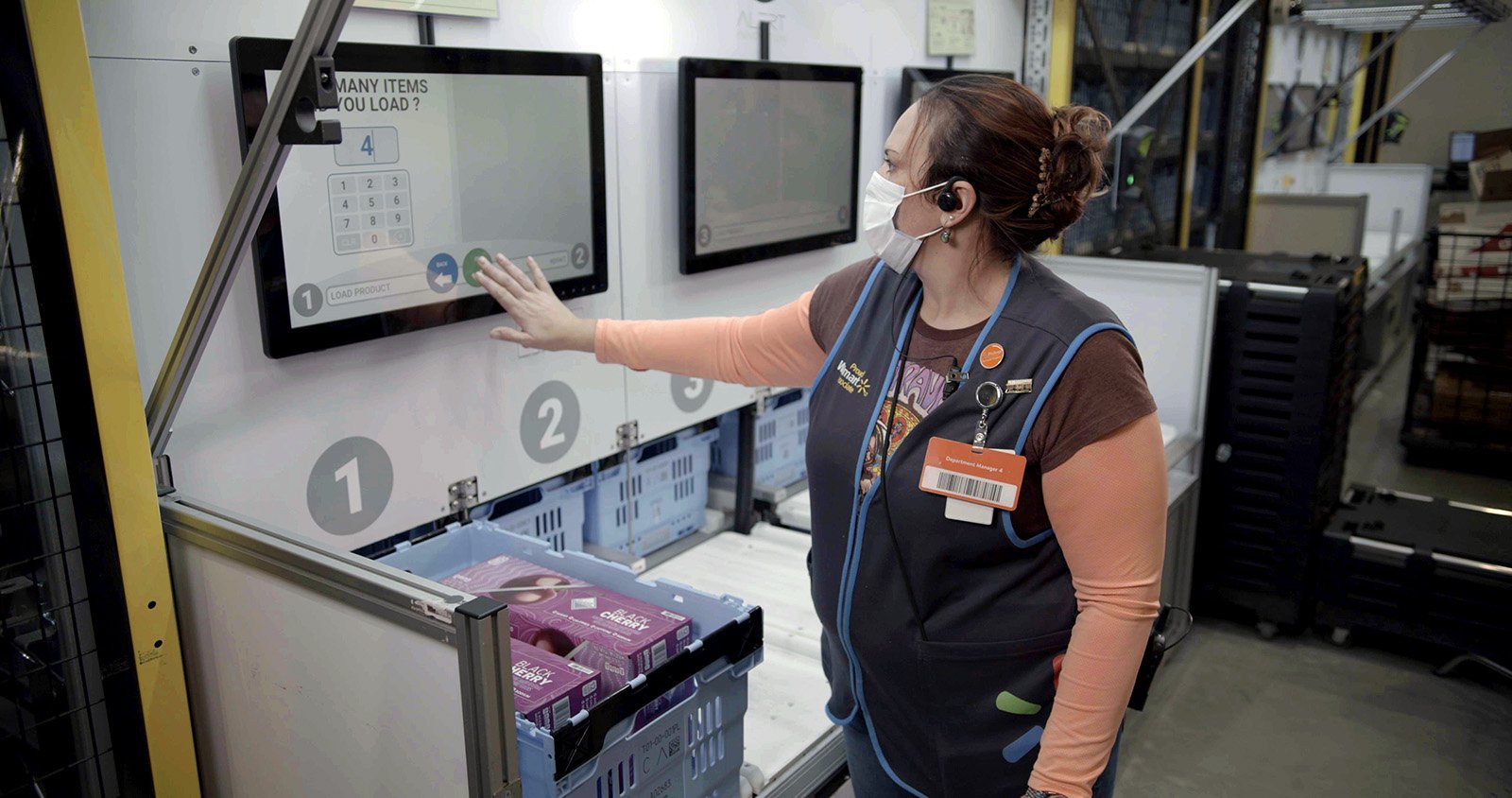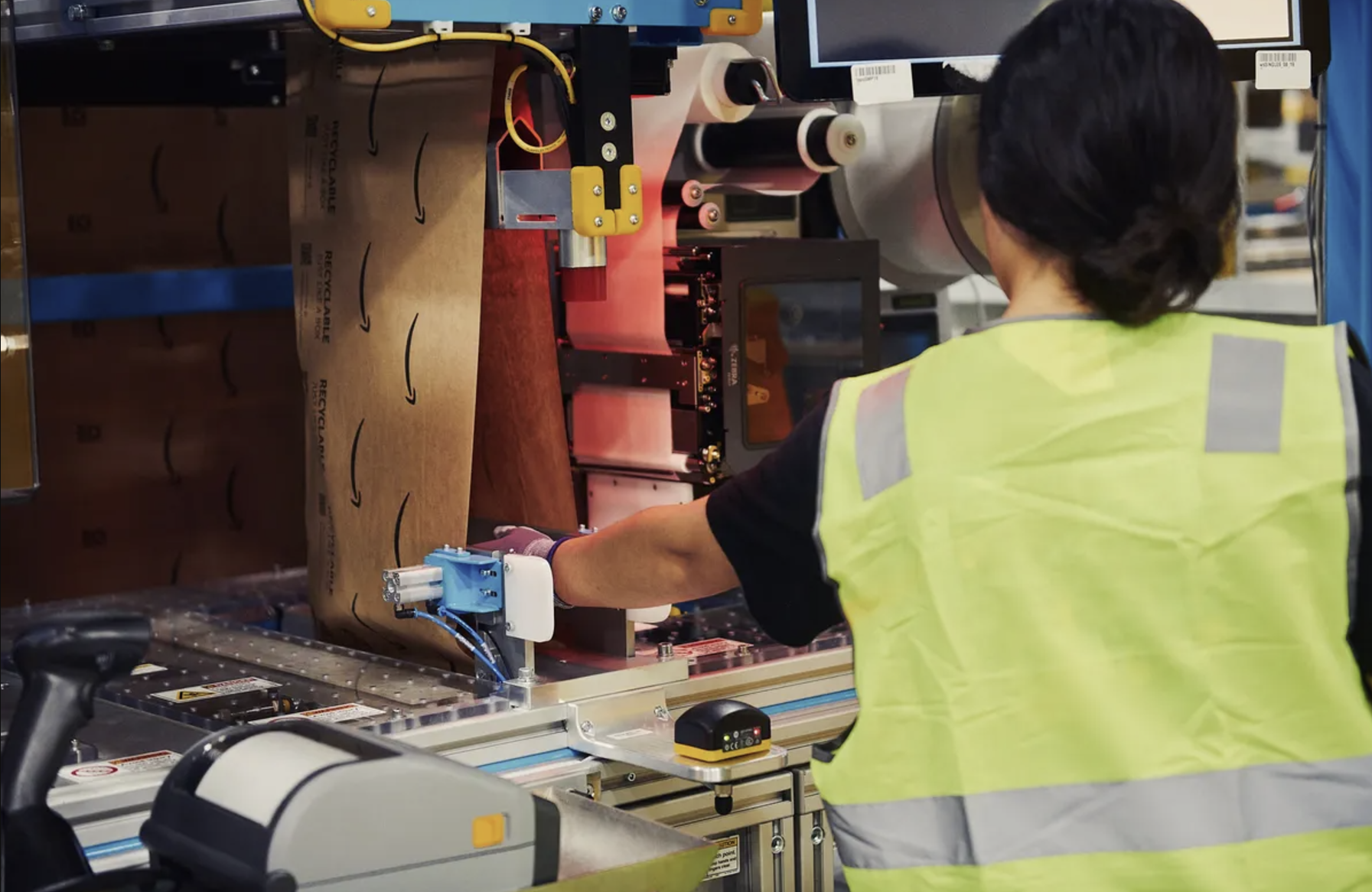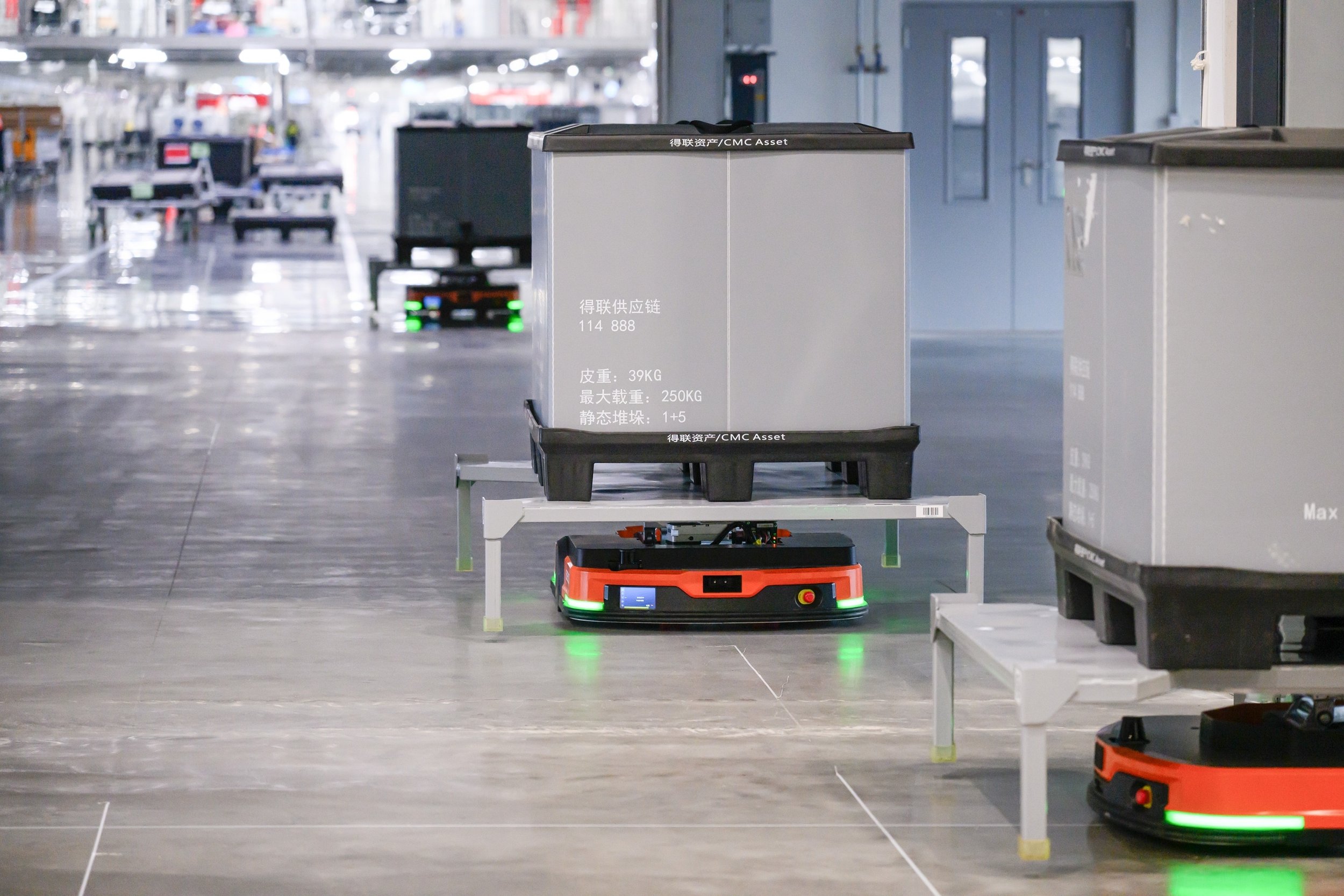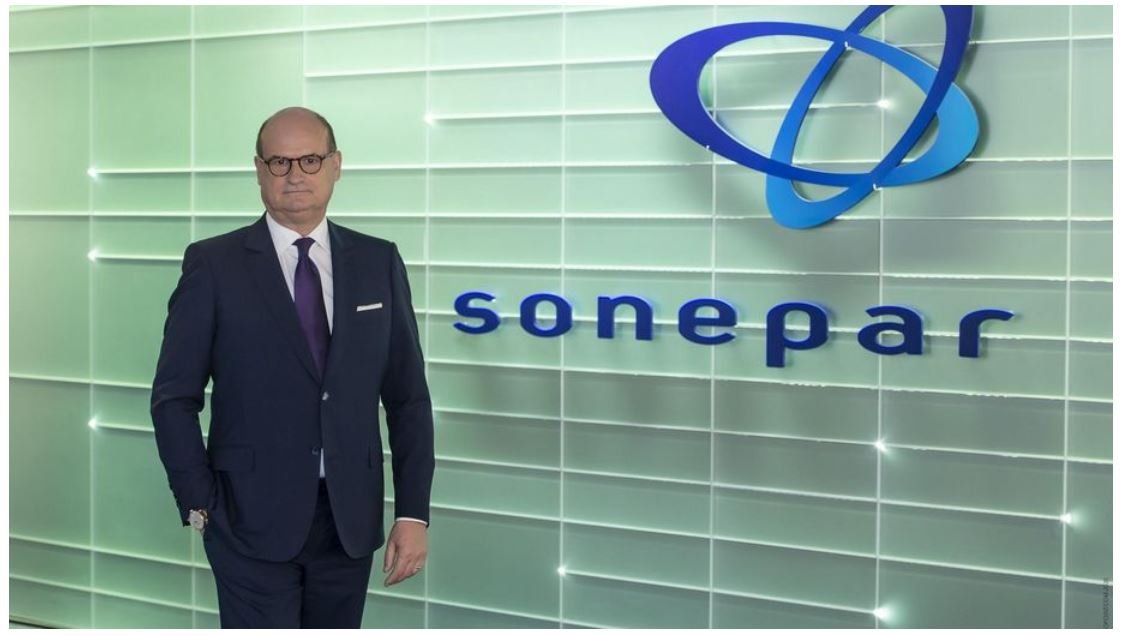Warehouse Automation Pitfalls: Kion Executive Warns of Costly Mistakes
As warehouse automation continues to surge, a senior executive from Linde Material Handling is cautioning UK logistics firms about the financial risks associated with complex automation projects. Ulrike Just, Linde’s executive vice president for sales and service, recently highlighted the trend of over-investment among UK logistics providers eager to address labor shortages and future-proof their operations. Part of the KION Group, Linde is a prominent global provider of warehouse equipment, automation solutions, and industrial trucks, serving clients across sectors such as 3PL, automotive, and FMCG. Just warned that in their push for automation, some companies may be prioritizing ambitious, difficult-to-automate tasks over solutions with more straightforward returns on investment.
Linde, which collaborates closely with Dematic under the KION umbrella, recognizes the growing demand for automation and digital integration across intralogistics. However, Just advises customers—especially SMEs—to scale their automation efforts gradually. Rather than jumping into highly intricate projects like lorry loading and unloading, Just suggests starting with simpler, high-return applications and building from there.
Global logistics solutions provider Linde Material Handling has warned UK logistics companies not to rush into complex new warehouse automation plans that risk putting their businesses under financial pressure.
Speaking to MT at the company’s head office in Aschaffenburg, Germany, Ulrike Just, executive vice president sales & service, said a shortage of warehousing staff was luring UK transport firms into over-investment in automation that risked crippling their businesses.
“Sometimes firms want to show they’re future orientated but there’s a massive cost implication if you go all in,” Just said. “What’s interesting when we talk to customers is that they usually want to automate things that are not so easy to automate. They’re not as interested in automating things that have a quick return on investment. They want to automate really complex applications like lorry loading and unloading which is extremely costly to do. It’s a huge project where you take big risks, so especially for SME customers I’d suggest you scale it.
“We tell our customers to try it out and then we can go bigger,” Just added. “But many of them want everything now, or they automate very complex applications which then makes it difficult for them to make a business case. They’re better to start with something simple and see how it goes.”
Part of the KION Group, Linde is a leading manufacturer of electric and diesel forklift trucks, warehouse equipment and automation solutions for intralogistics.
The company believes digital networking, automation and the increasing demand for individual products are driving technological change in intralogistics and helps customers align with these new challenges.
In the UK, Linde works with 3PLs, automotive and FMCG customers who Just said embraced automation but understood the risks: “Companies need to look at automation, they have to,” she said. “I live in the UK myself and it’s dear to my heart. But with Brexit it’s getting increasingly difficult to find people to drive forklifts and do warehouse work.
“In the UK operators are also looking at very particular atutomation because warehouses reach higher into the sky than other countries,” she added. “The UK has high warehouses that suit products like our K-MATIC autonomously-driven turret truck which is suitable for loads of up to 1,450 kg and lift heights of up to 14 metres.”
Just also admitted that many customers embarking on automation found the step “super scary”.
“They want someone who they know they can trust and who has experience with it,” she explained. “They automate because it’s a good business case, because they can’t find the right people to work in the warehouse and because automation means reliability. People make mistakes but if it’s automated it’s accurate. It’s a reliability and safety issue.”






